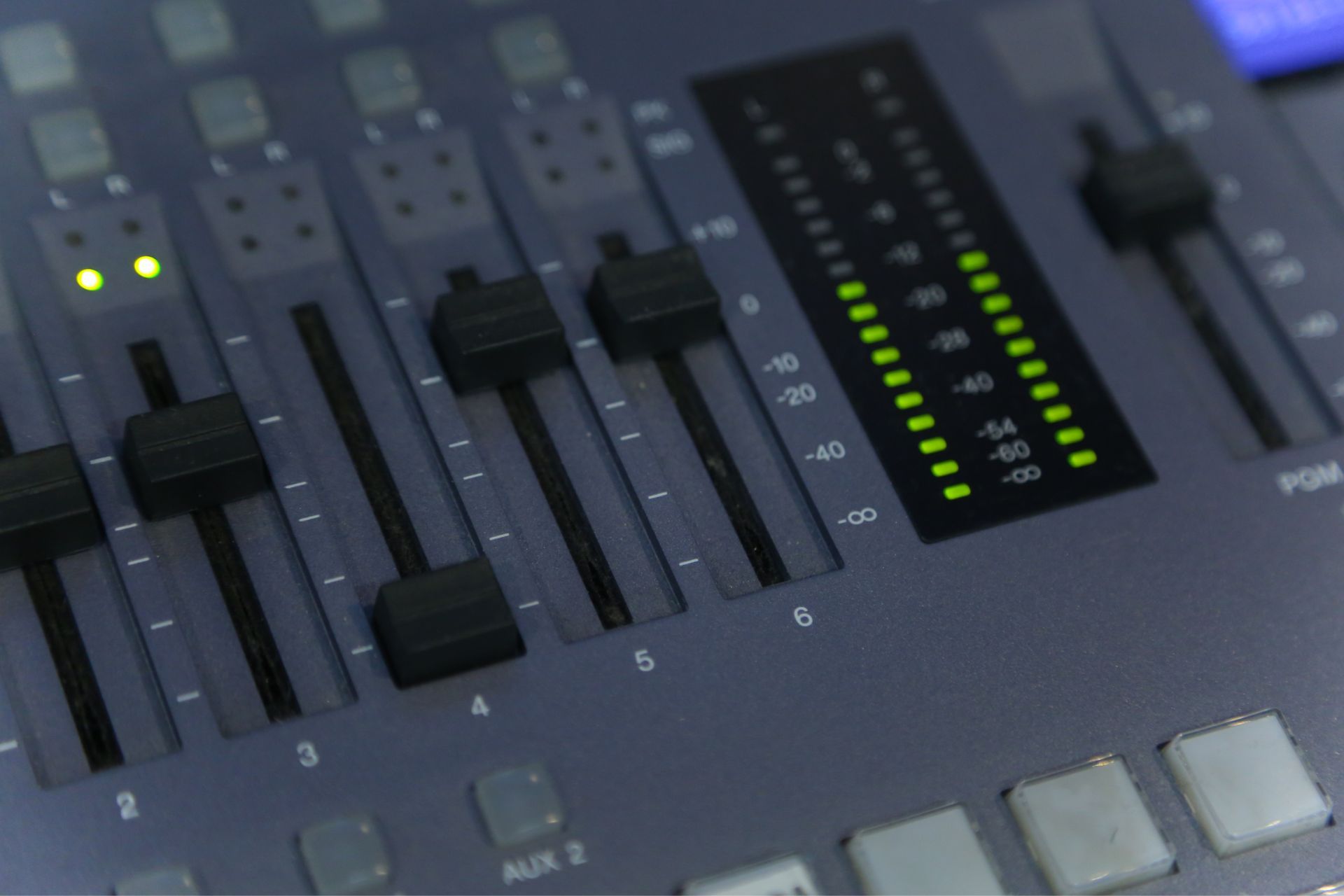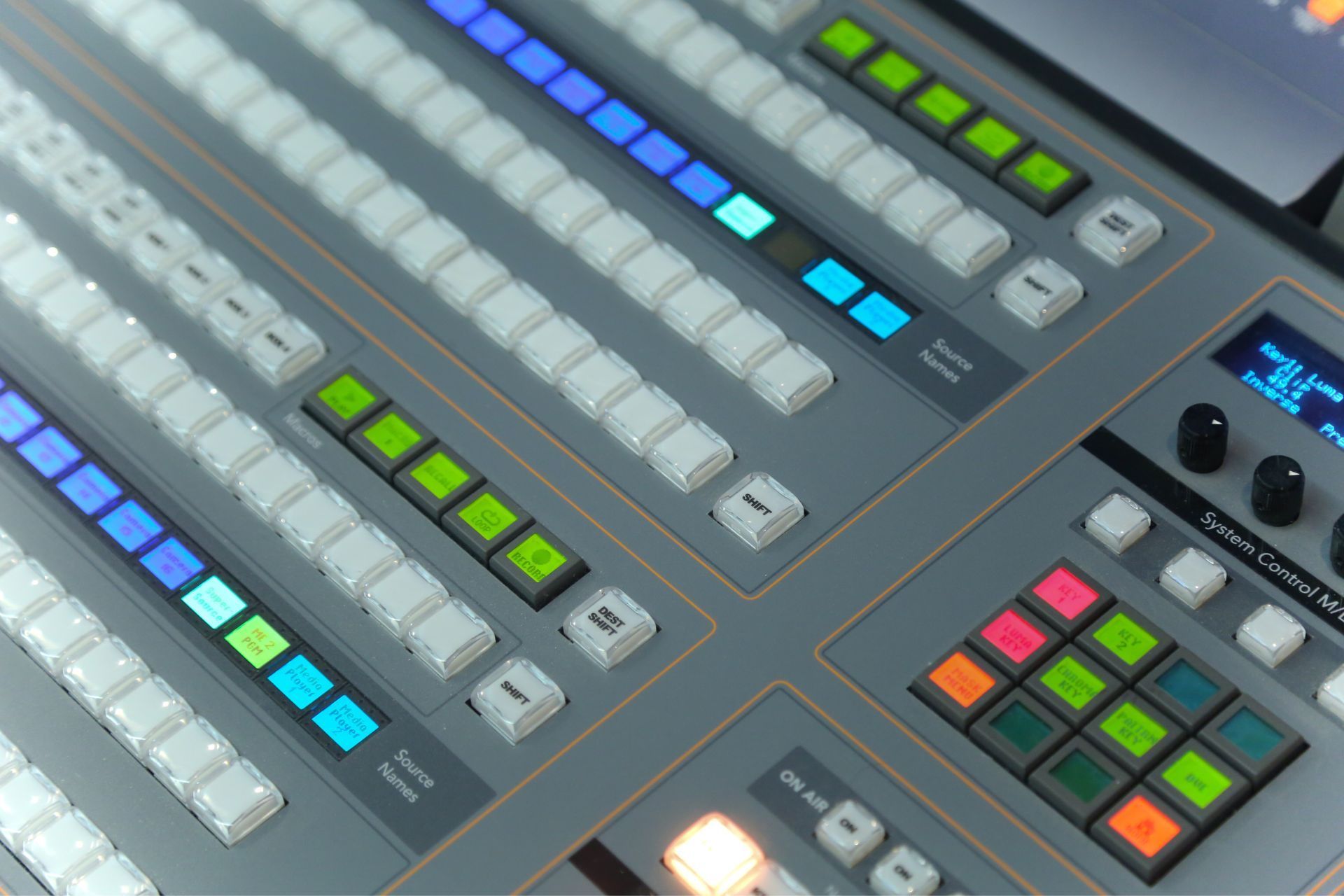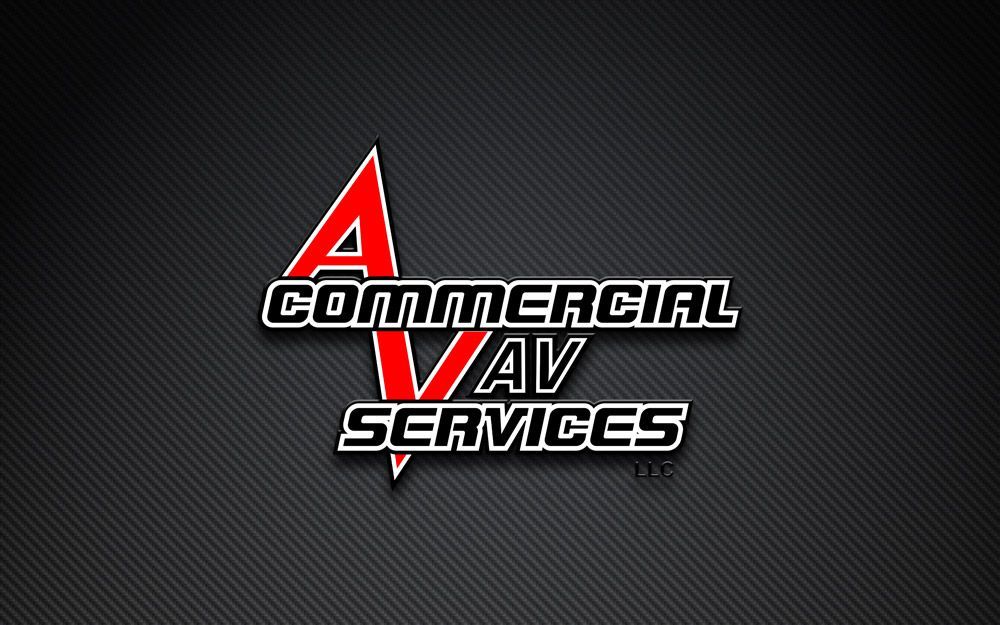Blog & News
2024 Trends in Hospitality Audio Video Installations: What's Next for Elevated Guest Experiences?
Home » Commercial Audio Video Tips » Hospitality Audio Video Installation » Trends in Hospitality Audio Video Installations: What's Next?
Table of Contents:
- Current Trends in Hospitality AV Installations
- Evolving Guest Expectations and Experiences
- Innovations in AV Technology for Hospitality
- Future Predictions and Emerging Technologies
- Strategies for Implementing Next-Gen AV Solutions

Current Trends in Hospitality AV Installations
In the fast-evolving landscape of hospitality AV installations, the integration of IoT (Internet of Things) and smart technologies has emerged as a pivotal trend. This integration allows for seamless connectivity and automation of various devices and systems within hospitality establishments, enhancing operational efficiency and guest experiences. Through IoT-enabled solutions, hotels can monitor and control AV equipment, lighting, climate control, and security systems remotely, optimizing resource utilization and enhancing guest comfort.
Integration of IoT and Smart Technologies
One significant aspect of this trend is the deployment of IoT sensors and devices to gather real-time data on guest preferences and behaviors. By leveraging this data, hotels can personalize and customize AV solutions to cater to individual guest needs, offering tailored experiences that foster guest satisfaction and loyalty. Additionally, the integration of smart technologies enables hotels to implement innovative features such as voice-controlled assistants, smart mirrors, and automated room service requests, elevating the overall guest experience to new heights of convenience and sophistication.
Emphasis on Seamless Connectivity
Another key trend in hospitality AV installations is the emphasis on seamless connectivity throughout the property. With the increasing reliance on digital communication and entertainment, guests expect robust Wi-Fi connectivity and effortless integration with their personal devices. Hotels are investing in high-speed networks and advanced AV infrastructure to ensure uninterrupted connectivity, enabling guests to stream content, conduct virtual meetings, and stay connected with loved ones while away from home.
Personalization and Customization in AV Solutions
There is a growing demand for personalized and customizable AV solutions tailored to the unique preferences and requirements of each hospitality establishment. From personalized welcome messages on digital signage to customized in-room entertainment options, hotels are leveraging AV technology to create immersive and memorable guest experiences. By offering a diverse range of AV amenities and services, hotels can differentiate themselves from competitors and attract discerning travelers seeking unique and personalized accommodations.
Key Takeaway:
In hospitality AV installations, the integration of IoT and smart technologies, seamless connectivity, and personalized customization are key trends driving enhanced guest experiences and operational efficiencies.

Evolving Guest Expectations and Experiences
As the hospitality industry continues to evolve, so do the expectations and experiences of guests. Immersive audiovisual experiences have become increasingly sought after, with guests seeking out hotels and resorts that offer state-of-the-art entertainment audio systems, including high-definition displays, surround sound speakers, and immersive lighting effects. Additionally, there is a growing demand for interactive and touchless interfaces, allowing guests to control various aspects of their stay, such as room temperature, lighting, and entertainment options, through intuitive touch screens or voice commands.
Immersive Audiovisual Experiences
Hotels are investing in cutting-edge AV technologies, such as virtual reality (VR) and augmented reality (AR), to create immersive and engaging experiences for their guests. VR headsets allow guests to explore virtual environments and participate in interactive experiences, while AR overlays digital content onto the real-world environment, enhancing sightseeing tours, educational exhibits, and gaming activities. By offering these immersive experiences, hotels can differentiate themselves from competitors and provide guests with memorable and captivating stays.
Interactive and Touchless Interfaces
There is a growing emphasis on touchless interfaces and contactless technologies to enhance guest safety and convenience. Hotels are deploying touchless check-in kiosks, mobile room keys, and voice-activated assistants to minimize physical contact and streamline the guest experience. These technologies not only reduce the risk of transmission of infectious diseases but also cater to the preferences of tech-savvy travelers who value convenience and efficiency.
Integration of Virtual and Augmented Reality
The integration of virtual and augmented reality into guest experiences is reshaping the way travelers explore and interact with their surroundings. Virtual reality tours allow guests to preview hotel amenities, explore local attractions, and even take virtual walks on the beach before booking their stay. Augmented reality apps provide interactive maps, historical information, and personalized recommendations, enriching the guest experience and facilitating immersive exploration of the destination.
Key Takeaway:
In response to evolving guest expectations, hotels are leveraging immersive audiovisual experiences, interactive touchless interfaces, and the integration of virtual and augmented reality to create memorable and engaging stays for their guests.

Innovations in AV Technology for Hospitality
Innovations in AV technology are reshaping the hospitality industry, providing hotels and resorts with cutting-edge solutions to enhance guest experiences and streamline operations. Advancements in 5G connectivity and edge computing are revolutionizing the way hotels deliver high-speed internet access and support bandwidth-intensive applications, such as video streaming and cloud-based services. Additionally, the integration of artificial intelligence (AI) and machine learning algorithms into AV systems is enabling hotels to automate routine tasks, analyze guest preferences, and personalize recommendations in real-time.
Advancements in 5G Connectivity and Edge Computing
With the rollout of 5G networks, hotels can offer guests faster and more reliable internet connectivity, supporting bandwidth-heavy applications and services. Edge computing technology brings processing power closer to the source of data, reducing latency and enabling real-time interactions between devices and applications. By leveraging these advancements, hotels can deliver seamless multimedia experiences, such as video conferencing, online gaming, and streaming content, without interruptions or delays.
Harnessing AI and Machine Learning in AV Systems
AI-powered AV systems are transforming the way hotels interact with guests and manage their facilities. AI algorithms can analyze vast amounts of data collected from sensors, cameras, and guest interactions to optimize energy usage, predict equipment failures, and personalize guest experiences. Machine learning models can adapt and improve over time, learning from past interactions and refining their recommendations to better meet the needs and preferences of guests.
Sustainable AV Solutions and Green Initiatives
Hotels are adopting energy-efficient AV equipment, such as LED displays, low-power speakers, and smart lighting systems, to minimize their carbon footprint and reduce energy consumption. Green initiatives, such as recycling AV equipment and implementing eco-friendly practices, not only benefit the environment but also resonate with environmentally-conscious guests who prioritize sustainability in their travel choices.
Key Takeaway:
Innovations in AV technology, including advancements in 5G connectivity and edge computing, the integration of AI and machine learning, and the adoption of sustainable AV solutions, are driving enhanced guest experiences and operational efficiencies in the hospitality industry.

Future Predictions and Emerging Technologies
Looking ahead, the hospitality industry is poised to embrace a wave of new technologies and innovations that will shape the future of AV installations. As adoption of wearable tech continues to rise, hotels may integrate wearable devices, such as smartwatches and AR glasses, into their AV systems to offer personalized services and augmented reality experiences to guests. Furthermore, enhanced security and privacy measures will be paramount, with hotels implementing biometric authentication, encryption protocols, and secure data storage to protect guest information and ensure compliance with privacy regulations.
Adoption of Wearable Tech in Hospitality AV
Wearable technology, including smartwatches, fitness trackers, and augmented reality glasses, is expected to play a significant role in the future of hospitality AV installations. Guests may use wearable devices to access hotel amenities, control room settings, and interact with virtual concierge services, providing a seamless and personalized experience throughout their stay. By leveraging wearable tech, hotels can gather valuable data on guest preferences and behaviors, enabling them to deliver targeted recommendations and enhance overall satisfaction.
Enhanced Security and Privacy Measures
With the proliferation of IoT devices and interconnected systems, cybersecurity threats pose a growing concern for the hospitality industry. Hotels must prioritize cybersecurity measures, such as network segmentation, intrusion detection systems, and regular security audits, to protect against data breaches and unauthorized access to sensitive information. Additionally, hotels are implementing robust privacy policies and procedures to safeguard guest data and ensure compliance with regulations, such as the General Data Protection Regulation (GDPR) and the California Consumer Privacy Act (CCPA).
Utilization of Predictive Analytics for AV Optimization
By analyzing historical data on guest preferences, booking patterns, and occupancy rates, hotels can forecast demand for AV services, allocate resources efficiently, and tailor offerings to meet evolving guest expectations. Predictive analytics algorithms can also identify trends and patterns in AV usage, allowing hotels to proactively address issues, optimize energy consumption, and enhance overall operational efficiency.
Key Takeaway:
As the hospitality industry evolves, future trends in AV installations will include the adoption of wearable tech, enhanced security measures, and the utilization of predictive analytics to optimize guest experiences and operational efficiency.

Strategies for Implementing Next-Gen AV Solutions
Implementing next-generation solutions requires careful planning and strategic partnerships. Collaborative partnerships with professional AV systems providers are essential for hotels to stay ahead of the curve and leverage the latest technologies and expertise in the field. By partnering with experienced providers, hotels can access industry-leading AV solutions tailored to their specific needs and budget constraints, ensuring seamless integration and optimal performance.
Cultivating Collaborative Partnerships with Professional AV Systems Providers
Effective collaboration with AV systems providers involves close communication, mutual understanding of project goals, and alignment of expectations. Hotels should seek out providers with proven track records in delivering innovative AV solutions for the hospitality industry, as well as a commitment to customer satisfaction and ongoing support. Through collaborative partnerships, hotels can leverage the expertise and resources of AV providers to design, deploy, and maintain cutting-edge AV systems that enhance guest experiences and streamline operations.
Providing Comprehensive User Training and Support
In addition to partnering with AV systems providers, hotels must prioritize user training and support to ensure successful implementation and adoption of next-gen AV solutions. Comprehensive training programs should be tailored to the needs of different user groups, including front-line staff, IT personnel, and management, covering topics such as system operation, troubleshooting, and best practices for maximizing the benefits of AV technology. Ongoing support services, including technical assistance, software updates, and equipment maintenance, are essential for addressing any issues or challenges that may arise post-installation.
Implementing Flexible and Scalable AV Infrastructure Designs
Modular AV systems, cloud-based platforms, and open-source standards provide flexibility and interoperability, allowing hotels to easily integrate new devices and services as they become available. Scalable infrastructure designs enable hotels to expand their AV capabilities to accommodate growing demand or changes in business requirements, ensuring long-term sustainability and return on investment.
Commercial AV Services: Elevating Guest Experiences with Expert Audio/Video Installations
When considering audio/video installations for hospitality industry settings, partnering with a reputable company like Commercial AV Services can make a big difference in the outcome of the installation. With a deep understanding of the industry's unique demands and an eye toward future trends, Commercial AV Services adeptly tailors solutions to meet specific needs. Clients benefit from expert consultation, meticulous planning, and seamless execution, ensuring not only immediate success but also future-proofed systems. Committed to excellence and customer satisfaction, Commercial AV Services ensures that guests enjoy a superior audio/video experience, leaving a lasting impression.
Frequently Asked Questions (FAQs)
Contact Us
Commercial AV Services
2432 W Peoria Ave Suite 1204 Phoenix, AZ 85029
(602) 626-5800















